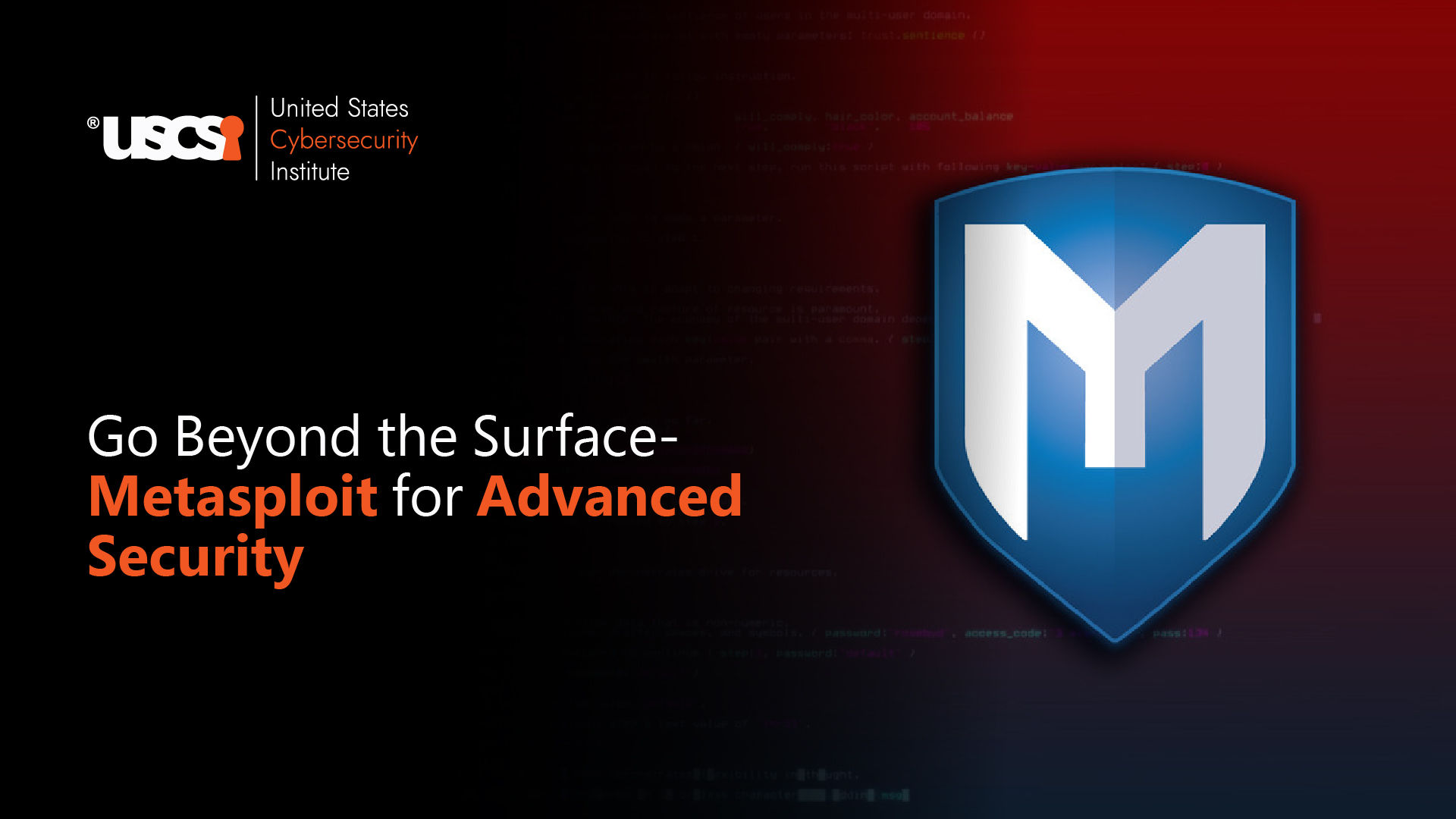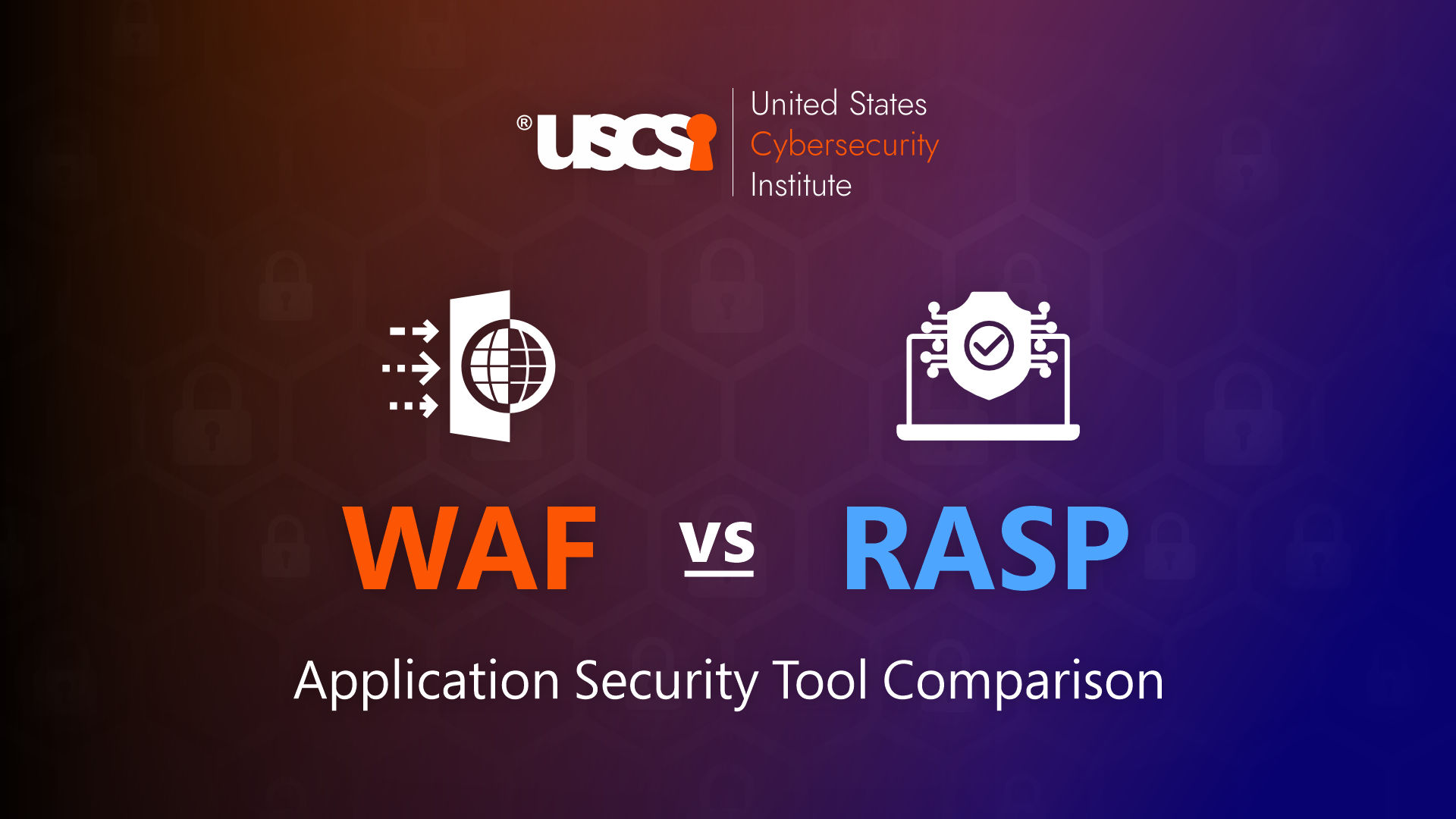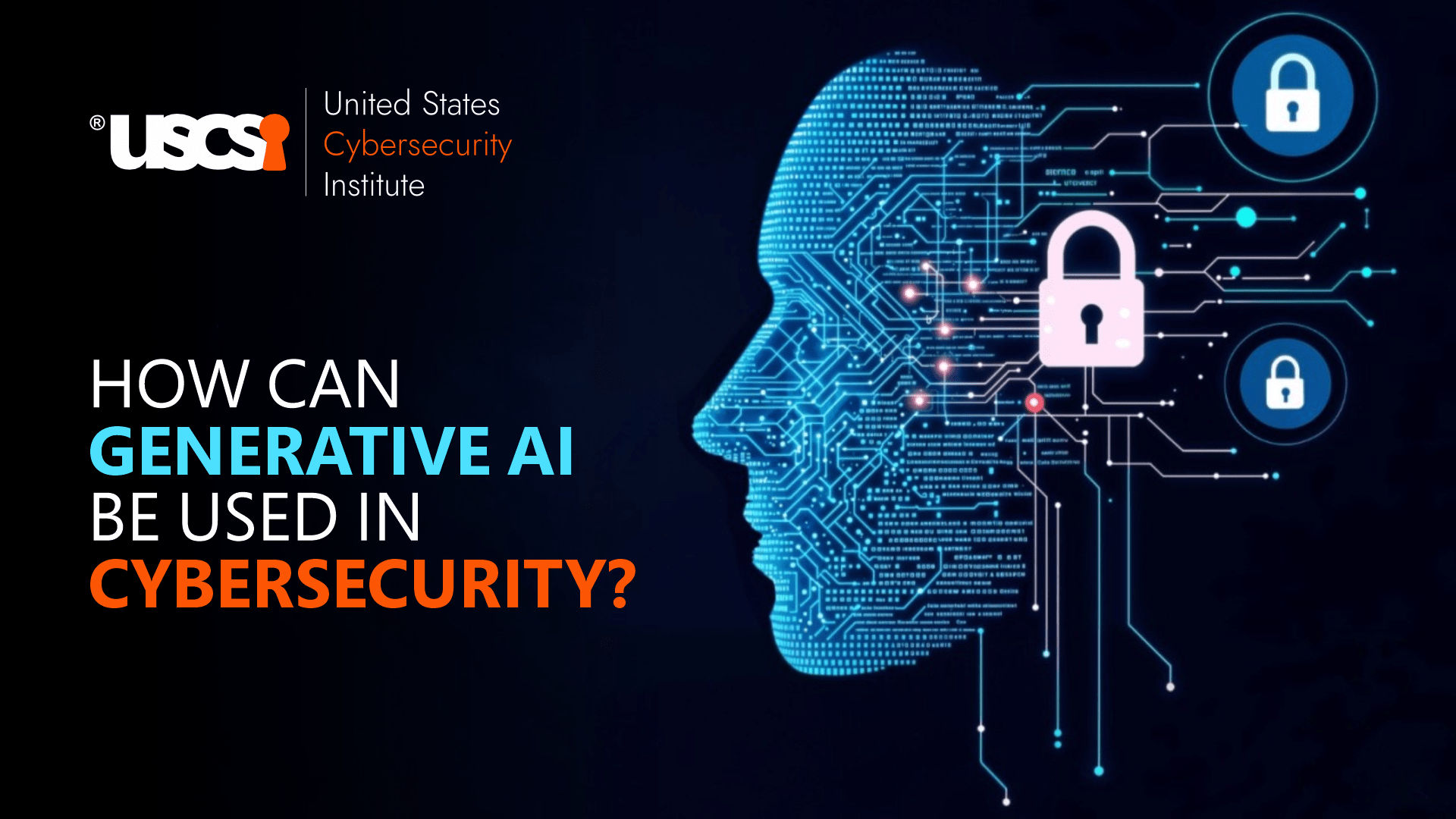

Put Your Cyber Guards on with Ethical Hacking Skills
Amidst the rapid advancement of today's technological sphere, the menace of cyber threats has become an everyday occurrence. With cybercriminals persistently searching for avenues to exploit systems and networks for their gain or to inflict harm, the significance of adopting effective cybersecurity measures has never been more vital.
Ethical hacking has emerged as a formidable defense mechanism in the face of escalating cyber threats. Ethical hackers, driven by responsibility, leverage their knowledge and skills to detect and remedy vulnerabilities, effectively safeguarding infrastructure from potential cyber-attacks.
Various factors influenced the journey into the world of tech and cybersecurity. Growing up in an environment with limited access to technology, the career options were initially confined to the traditional paths expected in many households – doctor, engineer, pilot, and the like. It is time to delve deep into the world of Hacking right away!
What is Hacking?
Tracing its roots back to the early stages of computer evolution, hacking initially emerged as a curiosity-driven exploration of the intricacies and potential of computer systems. Over time, however, the malicious side of hacking arose, with individuals exploiting techniques for personal gain or to cause damage.
Types of Hackers
- Black Hat Hackers
These hackers break into systems without the owner's permission for personal gain or with malicious intent.
- Gray Hat Hackers
Gray hat hackers also break into computer systems or networks without permission, but their intentions are not necessarily malicious. They may inform the owner of vulnerabilities or use their skills for personal gain.
- Script Kiddies
Also known as amateurs, script kiddies have limited hacking skills and often rely on existing tools and online instructions to launch attacks. Their actions can have unintended and severe consequences.
- Organized Hackers
United in their pursuits, hacker organizations or collectives join forces to orchestrate targeted attacks. These groups can encompass cybercriminals, hacktivists, or state-sponsored hackers, and the harm inflicted by their coordinated actions can be extensive, affecting individuals, organizations, and even government entities.
- White Hat Hackers
Also known as Ethical hackers, White hat hackers operate with the explicit permission of system or network owners. Their primary role is to identify vulnerabilities and fix them to prevent exploitation from external sources.
About Ethical Hacking
In response to the mounting danger posed by cyber-attacks, organizations and governments recognized the urgent need for adept security professionals who could shield systems from unauthorized breaches and identify vulnerabilities. This recognition led to ethical hacking, an exhilarating discipline that entails deliberately penetrating computer systems or networks, with owner consent, to uncover potential weaknesses susceptible to malicious exploitation.
Types of Ethical Hacking
- Network Hacking
- Web Application Hacking
- Social Engineering
- Wireless Hacking
- Physical Penetration Testing
Role of an Ethical Hacker
- Ethical hacker enhances security awareness within their respective organizations
- Guarantees adherence to industry regulations and standards to maintain a secure and compliant environment
- Engages in ongoing security research and development to remain at the forefront of emerging threats and technologies
- Mitigates the potential for data breaches and other security incidents through proactive measures
- Provide training and education to raise awareness about cybersecurity and prevent attacks
Benefits of Ethical Hacking
- Risk Mitigation
- Cost Effectiveness
- Compliance
- Continuous Improvement
Challenges in Ethical Hacking
- Complex systems present technical challenges for ethical hackers. Proficiency in various technologies, programming languages, and security tools is essential to assess network architecture and protocols effectively.
- Prioritization becomes a challenge when multiple vulnerabilities are discovered. Ethical hackers must make informed decisions on which vulnerabilities demand immediate attention to mitigate risks effectively.
- Navigating legal and ethical boundaries, obtaining proper authorizations, dealing with technical complexities, and making informed prioritization decisions are challenges that ethical hackers confront in their work.
Best Ethical Hacking Certifications and Training Programs
Ethical hackers require a firm grasp of computer systems, networks, and programming languages to excel in their field. Aspiring ethical hackers can pursue these skills through different means, including formal education, practical experience, online certifications, and dedicated training programs.
Here are some of the best certification programs that helps:
- Professional Certificate in Cybersecurity: MIT
MIT xPRO offers professional certificate in Cybersecurity designed for beginners to empower them with the latest trends in this ever-growing field. It covers both the defensive as well as offensive aspects of cybersecurity technology that help professionals with the skills required to protect their organization from cyber-attacks.
- Cybersecurity Graduate Certificate: Harvard University
This program offered by Harvard University is designed for professionals looking to advance in their cybersecurity careers. It covers a wide range of topics including network and application security systems, cloud security, data security, etc. Priced at $16, 000, this can certification program can be done online or on campus.
- Advanced Cybersecurity Program: Stanford University
This specialized advance program from Stanford University covers important topics related to cybersecurity management such as cryptography, threat intelligence, and incident response. This online program is of 18 months duration
- Certified Senior Cybersecurity Specialist (CSCS™): USCSI®
The United States Cybersecurity Institute (USCSI®) is a renowned institute offering great cybersecurity certification programs. Their CSCS™ program is designed for senior-level cybersecurity professionals having 6+ years of work experience preferably in the IT domain. This program helps to enhance their strategic approach in mitigating the cyber threats in their organization.
- Certified Cloud Security Professional (CCSP): (ISC)²
ISC2 is a non-profit organization offering various cybersecurity certification programs that are widely recognized globally. Their CCSP certification validates the skill and knowledge of the professional to design, implement, and manage cloud security.
Conclusion
To combat cybercrime, organizations, and individuals must prioritize cybersecurity. We strengthen our defenses by leveraging secure networks, implementing encryption measures, investing in qualified security personnel, and raising awareness. Ethical hacking serves as a crucial line of defense, allowing us to identify vulnerabilities and preserve our systems and data.





